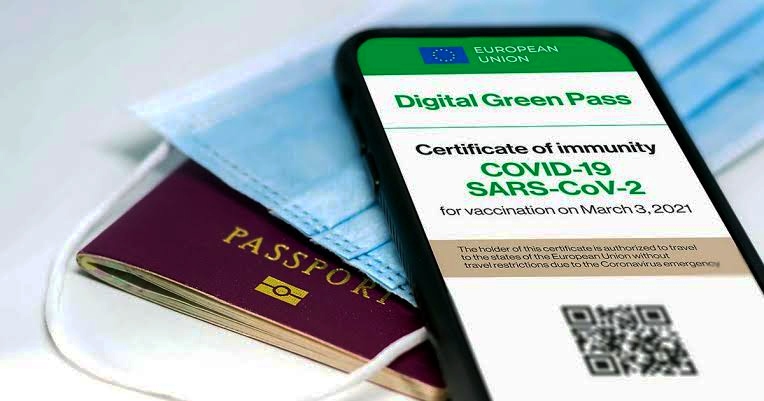Anyone vaccinated with an AstraZeneca vaccine produced by the Serum Institute of India would not be qualified to get the much-trumpeted European Union COVID Digital Green Pass, which launches 1 July in what many see as a form of vaccine apartheid.
That is because the EU green pass will only recognise the Vaxzevria version of the AstraZeneca vaccine that was produced and manufactured in the United Kingdom or other sites around Europe, and thus approved by the European Medicines Agency (EMA).
According to Health Policy Watch, most of the COVAX facility’s global procurement and distribution was built around the “Covishield” AstraZeneca vaccine, produced by the Serum Institute of India.
As of 25 June, more than 89 million vaccines have been distributed by the COVAX initiative to some 133 mostly low- and middle-income countries of Africa, Asia and Latin America, according to Gavi, the Vaccine Alliance, which is administering the massive programme.
That is a drop in the ocean of the more than 2.6 billion doses of COVID vaccines administered so far globally, according to WHO. But, it constitutes the majority of vaccines received in many of the world’s poorest countries.
Similarly, COVID-19 vaccination dashboard of the Africa CDC reveals that over 90% of vaccine doses administered so far are Covishield.
Meanwhile, the non-inclusion of Covishield and other WHO-approved vaccines on the list of EMA-approved products that can be considered for the EU digital green pass is beginning to send ripples across the African continent and African media – stimulating anger as well as stoking vaccine hesitancy.
Related Articles
“When the [AstraZeneca] vaccine was received, representatives of the international community were present at Ivato airport in Antananarivo, including representatives of the European Union, to encourage people to be vaccinated,” said Emée Ratsimbazafy, vice-president of a Madagascar civil society association, told RFI.
“And then, all of a sudden, we learn that this vaccine is not recognised by the European health authorities. Why not? Many people are now wondering if this vaccine is really harmless and effective. Some people are now reluctant to be vaccinated,” he said, noting that the dual standard has raised fears that the COVAX vaccines are of inferior quality.
Madagascar’s Minister of Health, Professor Jean-Louis Rakotovao-Hanitrala, said he was “surprised and shocked” to learn that the vaccines being distributed wouldn’t be accepted in Europe.
“This vaccine was given to us by the WHO and welcomed by the European Union and all the UN agencies,” he was quoted as saying. That, he said “makes us wonder if there is not one vaccine for Africans and another for Europeans”.
On the other side of the continent, Nigerian health experts are also worried that the EU policy may stimulate more vaccine hesitancy – threatening the delicately built trust in the vaccine that is most widely available.
“Something is definitely fishy somewhere. We need these people to come clean and tell us what is happening. My parents received this vaccine. Should we be worried?” one Nigerian woman, who asked to remain anonymous, told Health Policy Watch.








